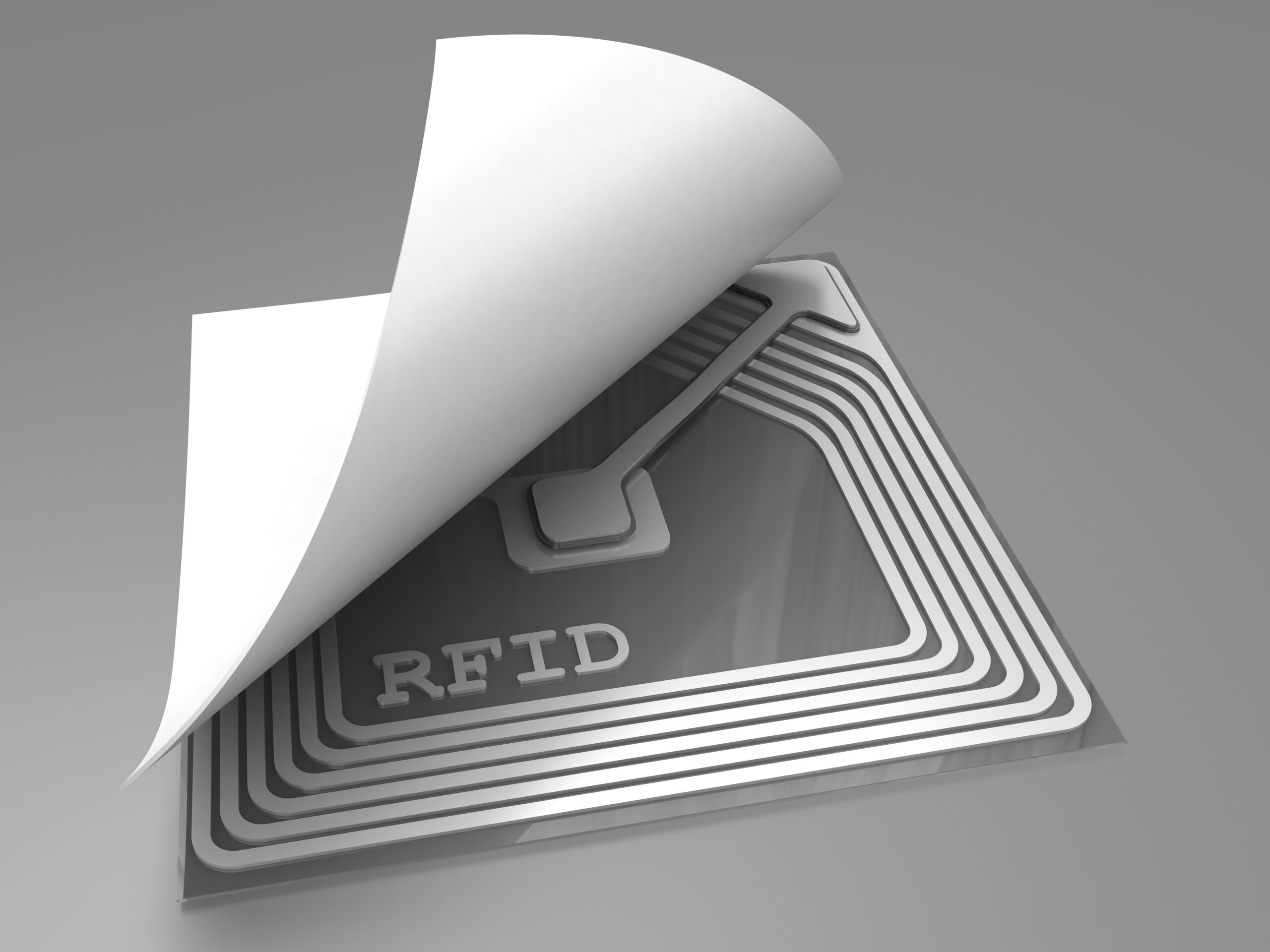Over the decades, RFID technology has evolved a lot, allowing users to utilise the tags and readers to communicate through radio waves. By storing these tags with items, the supplier can store information such as product numbers, expiration and manufacturing details. It has grown so much that even world-class brands such as Amazon, Walmart, and Nike have integrated RFID into their supply chain operations.
RFID technology is, without any doubt, crucial for every manufacturing and supply chain management. It offers advantages that help businesses to operate their business efficiently, ultimately making better customer experiences. RFID has allowed for real-time visibility and up-to-date data. Companies can streamline product tracking, automate inventory management, and enable order fulfilment.
In this blog, you will see the benefits of RFID technology in manufacturing and supply chains’ RFID versatility.
What does it imply that the Radio Frequency Identification (RFID) technology has such tremendous versatility?
RFID technology offers remarkable versatility when it comes to adapting and providing solutions within the manufacturing and supply chains. It offers a number of benefits that can transform business operations and management.
The ability to use radio waves for wireless communication and capture data enables businesses to track and manage objects and assets easily. RFID’s versatility is hidden in its ability to provide and track unique identification and tracking capabilities. These tags consist of a chip and antenna that you can attach to any object and directly enable tracking and management. This feature validates RFID across almost all industries, including retail, manufacturing, logistics, healthcare, and more.
Integrating RFIDs with Warehouse Management Systems (WMS) or Enterprise Resource Planning (ERP) Systems is easy. Businesses can improve their efficiency and make data-driven decisions. RFID tags can be attached in materials, including metal, plastic, fabric, and even liquids.
The versatility of RFID technology implies that it can be applied in countless scenarios, offering multiple benefits such as improved inventory management, better asset tracking, streamlined operations, optimised workflows, and improved customer experience. It is a powerful tool for businesses that are looking to transform their operations and achieve efficient results.

The Value of Radio Frequency Identification in Supply Chains
The value that RFID (Radio Frequency Identification) brings is impactful to supply chains. It changes how traditional stock control systems, asset tracking, and overall tracking work. No matter the size of Supply chains, RFIDs have helped countless businesses utilise their workforce for more productive tasks. Let’s look at the benefits of Radio Frequency Identification in Supply Chains.
Advanced stock control systems
Unlike traditional stock control, RFID enables more efficient and accurate stock control by automating inventory management processes. With RFID tags attached to products or packaging, businesses can track and monitor stock levels in real time.
The technology provides
- Instant visibility into the movement of goods.
- Enabling accurate stock counts.
- Reducing manual errors.
- Preventing stockouts or overstocking.
This enhanced control helps streamline procurement, optimise storage space, improve order fulfilment, and ultimately reduce costs.
High-visibility and efficient asset tracking
RFID technology also offers high-visibility and efficient asset-tracking capabilities within supply chains. By attaching RFID tags to assets such as vehicles, equipment, and containers, businesses can gain real-time insights into their location and status.
RFID reduces theft, or unauthorised use of assets, ensuring optimal utilisation and reducing operational costs. With RFID, businesses can improve asset visibility, streamline maintenance processes, and enhance overall operational efficiency.
Tighter regulation of output
RFID plays a crucial role in regulating output within supply chains. By utilising RFID technology on products or components, businesses can track and monitor their progress at each stage of the manufacturing process.
With RFID, companies can maintain consistent output levels, meet customer demands, and improve overall production efficiency. By having real-time data on production processes, businesses can make informed decisions, optimise workflow, and improve overall productivity.

Increased precision
RFID technology offers a significant advantage over manual or barcode-based tracking systems when it comes to precision. RFID readers can capture data from multiple tags simultaneously and at a distance, eliminating the need for line-of-sight scanning.
The increased precision of RFID ensures accurate product identification, improves order-picking accuracy, and facilitates seamless traceability throughout the supply chain.
The time saved
A lot of time is saved across various processes with RFID in supply chains. RFID tags and readers enable fast and efficient data capture, significantly reducing the time required for inventory counts, asset audits, and product identification tasks. The automation and real-time updates RFID technology provides eliminate manual data entry, saving valuable time and reducing costs.
With RFID, businesses can accelerate their supply chain processes, allocate resources more efficiently, and respond more quickly to customer demands. The time saved allows businesses to focus on value-added activities, improve operational efficiency, and enhance overall competitiveness.
Enhanced tracking
By attaching RFID tags to products, companies can track shipment progress, monitor delivery routes, and identify potential bottlenecks or delays. RFID also improves product traceability, enabling effective recall management, ensuring regulatory compliance, and guaranteeing product authenticity and safety. With RFID technology, businesses can establish a robust tracking system that ensures the smooth flow of goods and enhances overall supply chain performance.
Summary
Once you understand how can RFID be beneficial to Supply Chains and Manufacturing Companies, you can start with the process of implementing RFID technology in your own Business. Adopting an RFID system can help you increase your production speed as well as your inventory control and management can be improved.
You can then use your workforce for a better cause by eliminating the manual labour needed for inventory management, which is costly and very time-consuming.



